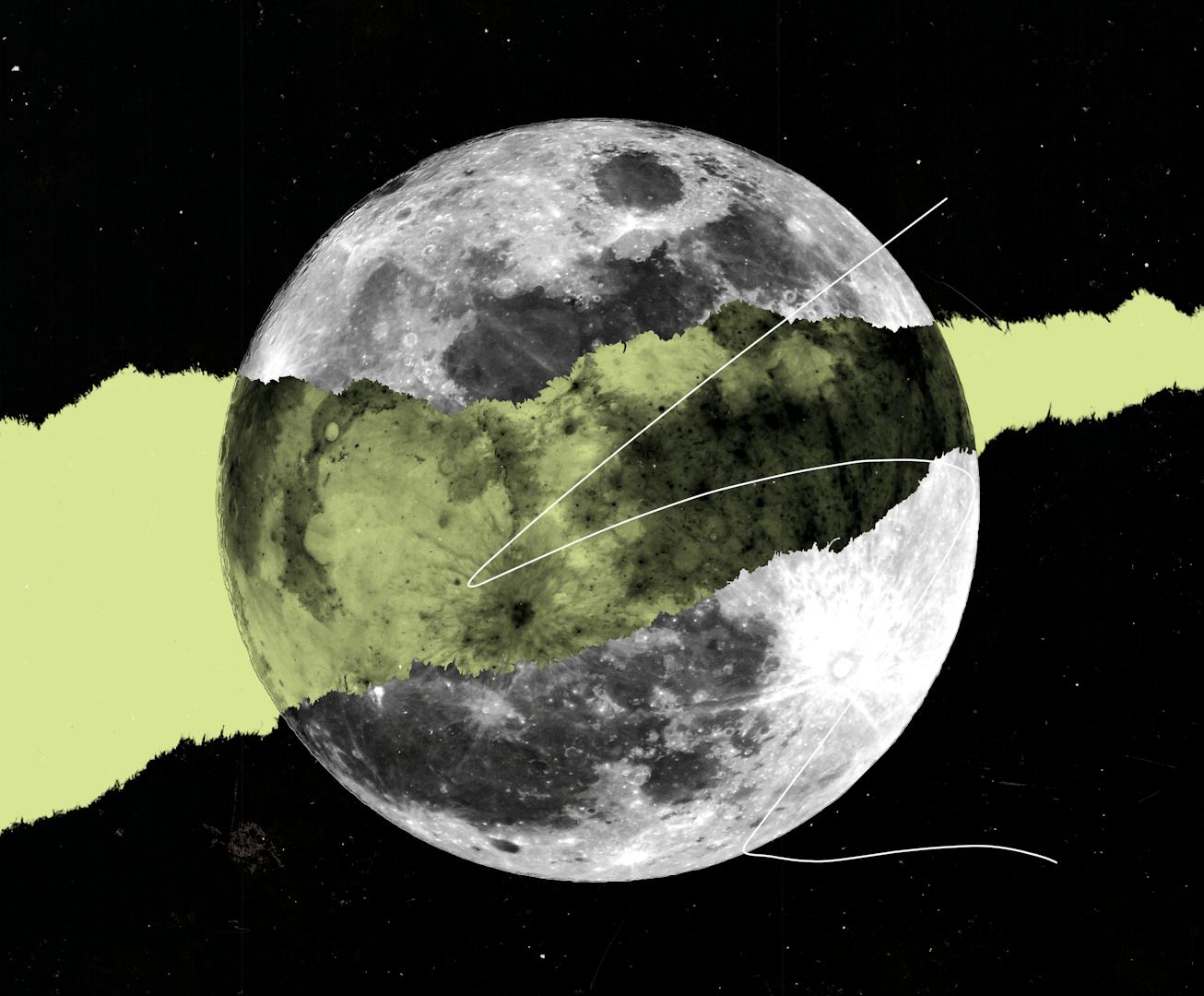
life
The New Moon In Cancer Will Have You Exploring New Emotional States
They won't all be easy and won't all feel good, but they often prove necessary in our personal quest toward wholeness.
A new moon is the beginning of a new cycle. A new moon in the cardinal sign of Cancer is a new moon interested in exploring new emotional states, forging new ways of relating. It should be understood that not all explorations of emotional states are easy, and not all new emotional states feel good, but they often prove necessary in our quest toward wholeness. To recognize who we are in relationships and who we are when we’re alone, we are called to allow the complexity of our emotional life to reveal itself to us. Recognition is power; it is a form of acceptance, of beholding, and it’s not a passive endeavor. To recognize your own process, the roots of your suffering and your joy, what evokes life within you, none of that is easy. None of it is a short-term project. Yet a new moon that follows a Mercury retrograde wants to do more than witness and accept; it wants to react.
Here is where we find ourselves in conflict. Our new moon rises in opposition to Saturn in Capricorn, a placement that is powerful with restriction, a placement that means to react in service to maintaining and improving structures — structures that support us and structures that pen us in. The image of a police barricade comes to mind, the image of protesters (who gather in response to compassionate relationship) kettled in by a militarized force (who represent the maintenance of the carceral state). From the streets to our intimate lives, the tension between these two celestial bodies is no less palpable. Earthlings are social animals: We lean toward each other, we want to share our days, our meals, our creations, and our bodies, too.
It can be hard for social creatures to withstand the lack of social spaces, let alone quarantine and isolation. It can be so hard that facing the possibility of long-term restrictions, they start to have trouble holding on to the reason they stayed home to begin with. Which is, of course, the same reason people have begun to recklessly gather, to walk mask-ess on the sidewalks toward each other, and drink shoulder to shoulder outside bars. We are social creatures and we feel most alive beside each other. We are here to protect each other and love each other. Yet this yearning to feel alive and free, unprotected and close, is a direct threat to life — ours and the people we claim to want joy for and with.
More than 600,000 people have lost their lives to the pandemic. In the United States, numbers surge in Arizona, Florida, and Louisiana, with record high numbers in the South and the Southwest. While many state governors have mandated masks, our president refuses the measure, citing personal freedom. What kind of freedom hinges on privileging one’s comfort over another person’s life? What kind of freedom is possible in a country where protesters and essential workers can be abducted in unmarked vans which cannot be tracked by their loved ones? The same freedom, it seems, that proposes the Confederate flag can ever stand without standing for a country that would rather succeed than surrender slavery. Perhaps, this is what our country has always meant by “the home of the free” then, the home of those who trade one person’s freedom for the sake of their own and call it power.
We know in our bodies what is to live on unceded land, to inherit a criminal structure and call that structure our country. Perhaps this is what allows us, as a nation, to perform a kind of amnesia — a place of dissonance between what is true and what is believed. Under a new moon that values the truth we find between each other, control exercised against us that aims to limit our connection is put to the test. This is a new cycle and we are here to approach each other again, differently, to witness and to accept and react. This is a new moon that knows we need connection and wants us to remember how to act in service to the sacredness of that connection. By protecting each other, by fighting for each other, by choosing to feel something new — like isolation, like vulnerability, like rage against a broken system — even if feeling it pushes us into new emotional state altogether. We can meet each other in that state, we can hold each other in a different, fuller, way.
This article was originally published on